Opinion | High School Cliques and Identity Politics have One Thing in Common: Tribalism
The nerds, jocks, populars, and goths are among the many high school cliques in U.S. schools. Most students choose to pick one or a few groups and stick in them while they learn more about their identity to become who they want to be.
While becoming familiar with oneself and the various identities that define people can have many positive effects such as building self-esteem and confidence, an unprecedented form of tribalism emerges. It’s the sort of tribe that is a natural part of human identity: fitting in with the crowd. People will change their behaviors and attitudes so that they can conform to the group in all of its loyalties and obligations. Though this submission and assimilation of identity is not limited to a high school setting.
James O’Brien is a British radio host and author who described tribalism’s role in the political field as ‘footballification.’ He explains it thoroughly in his book How Not To Be Wrong, but at a simpler level he says it is the idea that “once you have pledged your loyalty to your team, then nothing can sway you from that position.”
This theory exactly describes how a society, such as within America, can become increasingly polarized. Polarization has increased aggressive campaigns, fearmongering, and lies by politicians as well as social media outrage tactics in recent years. Members of the public are then left on the losing side, as they neglect their rational capability to decipher between the truth and blatant lies, which in turn makes them invested in a hole of falsities. Not only does it push people to get stuck in a web of lies, polarization continues to hurt Americans on both sides of the political spectrum. This ‘footballification’ in Congress has led to gridlocking and the inability to compromise and work pragmatically in order to find solutions for the betterment of the country. Some are even unwilling to call out the lies of their own party because they fear for their political career.
Liz Cheney (R-Wyo.) lost her primary because she stood up for democratic principles as she voted to impeach former president Donald Trump for how he handled the January 6th insurrection. She went a step further and became a leading member of the Jan. 6th House Committee investigating Donald Trump’s actions while continuing to vote republican party-line. In fact, according to reporting from Jack Brewster at Forbes, “from 2017-2021, Cheney voted in line with Trump’s position 92.9% of the time.” She goes to show how far identity politics can go to create barriers that would ensure political safety for upholding even the most basic of democratic norms.
Even deeper than political tribalism, again, while identity and personal identification can be good for oneself, the issue lies within the rhetoric of such tribalistic groups; the rejection of all other dissenting and opposing views. In fact, to find out how much individuals would conform to a group, a pioneering social psychologist named Solomon Asch conducted such research in his 1951 report called Studies of independence and conformity; A minority against a unanimous majority.
He designed a very simplistic eighteen round experiment on a total of fifty male students from Swarthmore College in which eight college students were given two sets of cards. Card one had a single line, whereas card two had three lines with varying lengths, the students were then asked to identify which line from card two matched with the line on card one. The lines were so distinct that anybody could see what the right answer was. In reality, only one of the “college students” was actually a student – the rest were actors. The actors knew which line they were going to pick before the college student went to answer and so the student saw six of them answer before they went to choose. On 12 out of the 18 trials the actors unanimously and intentionally picked the wrong line.
The results of Asch’s experiment were staggering – 36.8% of the time the college student picked the wrong card along with the group. Some of the students later reported that they felt their perception shift as a way to satisfy the social pressure. That they had perceived the line to be actually shorter or longer than it was; a distorted view of the card entirely. This experiment shows the dangerous implications in a general collective view, one that degrades and renders opposing or disagreeing views irrelevant and forms people to fit in. Herein lies the issue with identity politics, it encapsulates a single person and exacerbates the effects of a general collective view onto the people subscribing to one train of thought: the identity of the politician. They become so fixed on the politician being ‘good’ instead of seeing how they could potentially be harming them in many more ways than they realize.
But, in our age of technological advancements far better than in the 1950’s, we as individuals need to be able to look beyond the bite-sized political and social information that is presented to us daily. We need not only to look past it, we have to allow ourselves to ignore outside influence or distractions entirely and be in a calm state of mind when processing information – not angry and irrational. For high-school students, it means synthesizing information outside of the cliques; the tribes that have formed. We must also be able to search for the strongest opposing arguments to our own opinions and be humble enough to recognize where we might be wrong. Finally, we must look beyond the social media advertising model that keeps engaging us into constantly de-processed, oversimplified, and (on many occasions) blatantly wrong or misleading information so that we become more educated—and as a whole—better people.

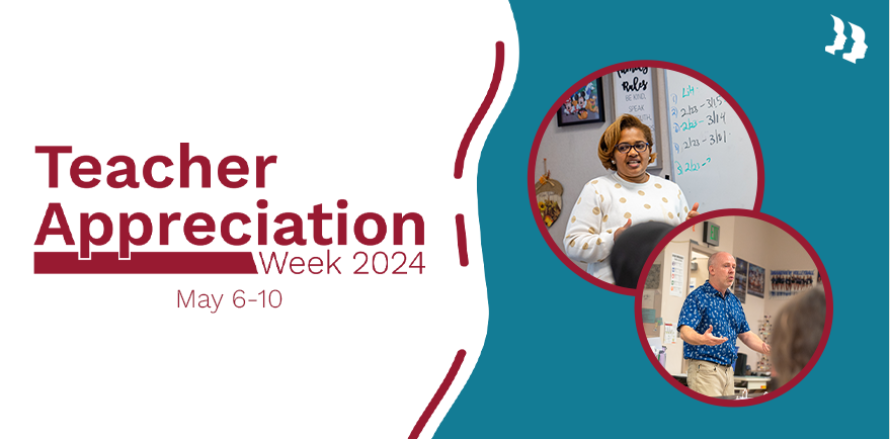
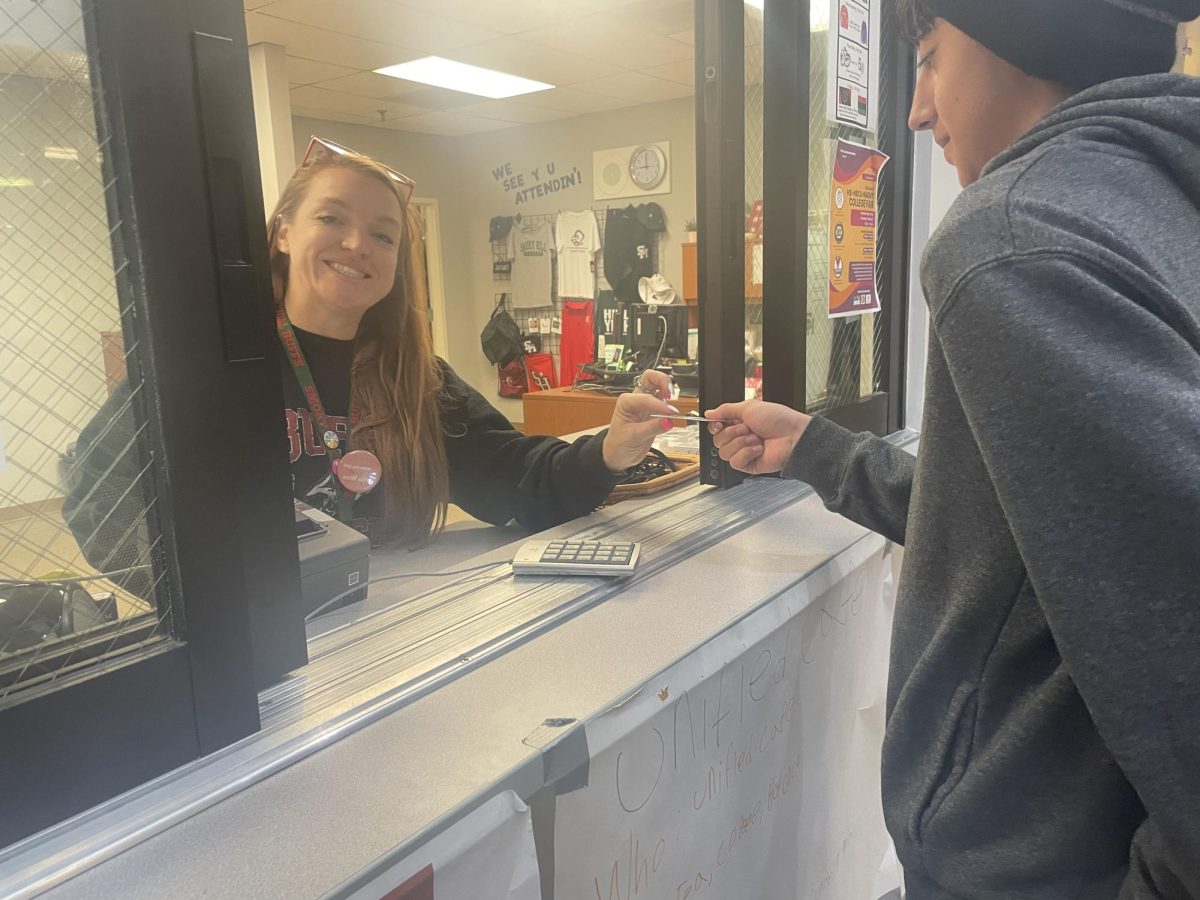
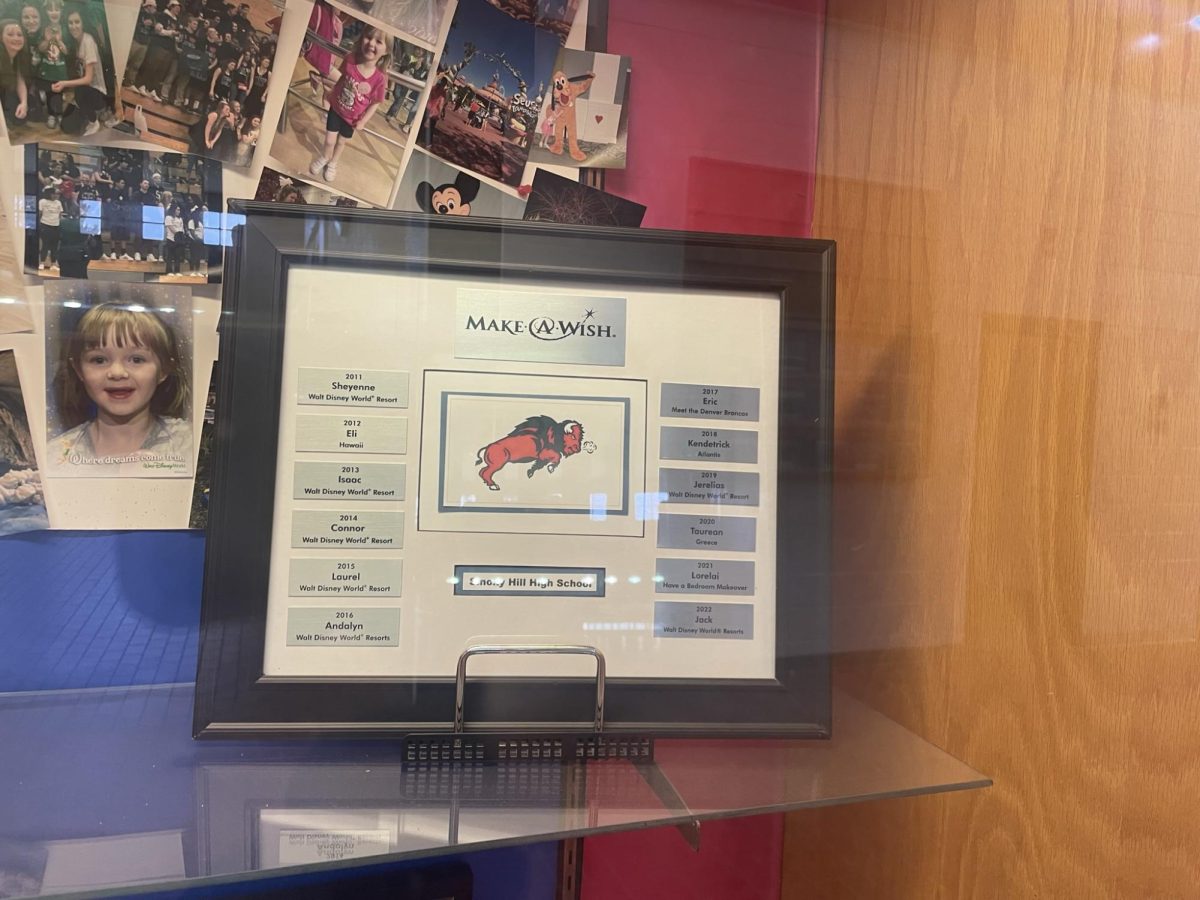

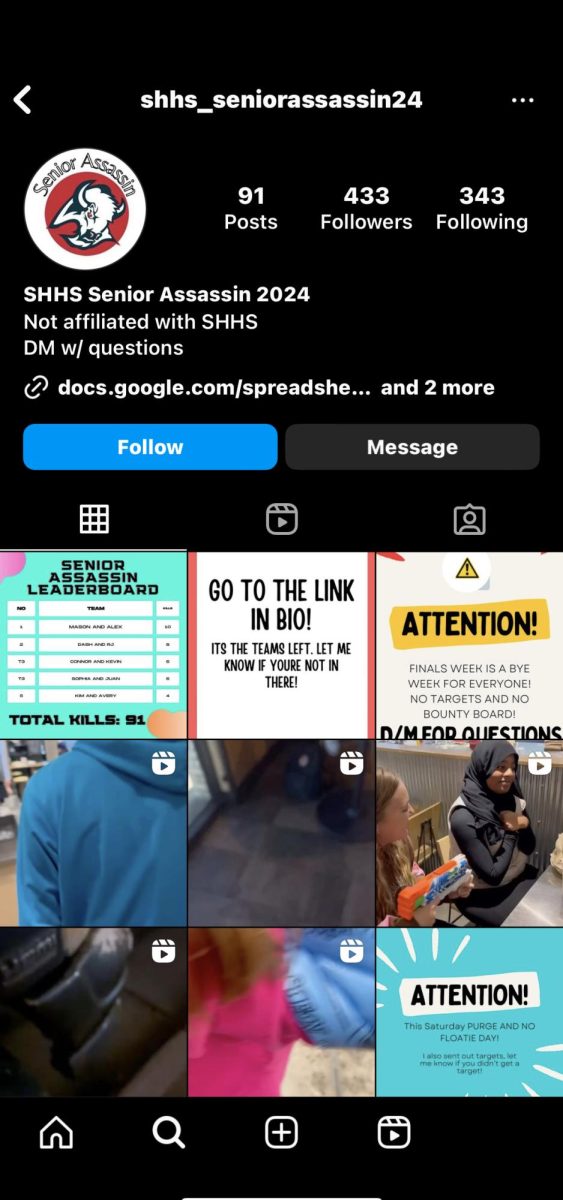



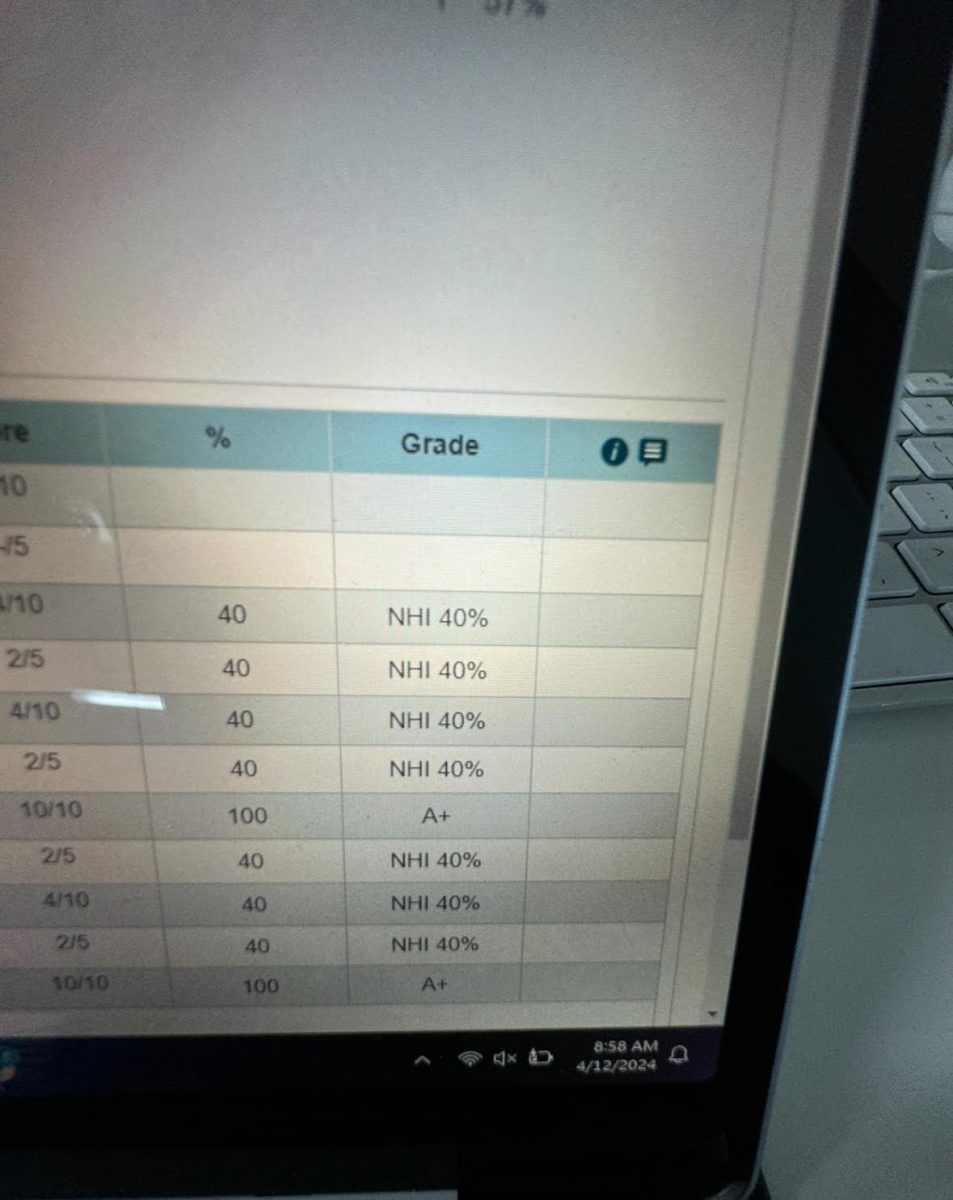



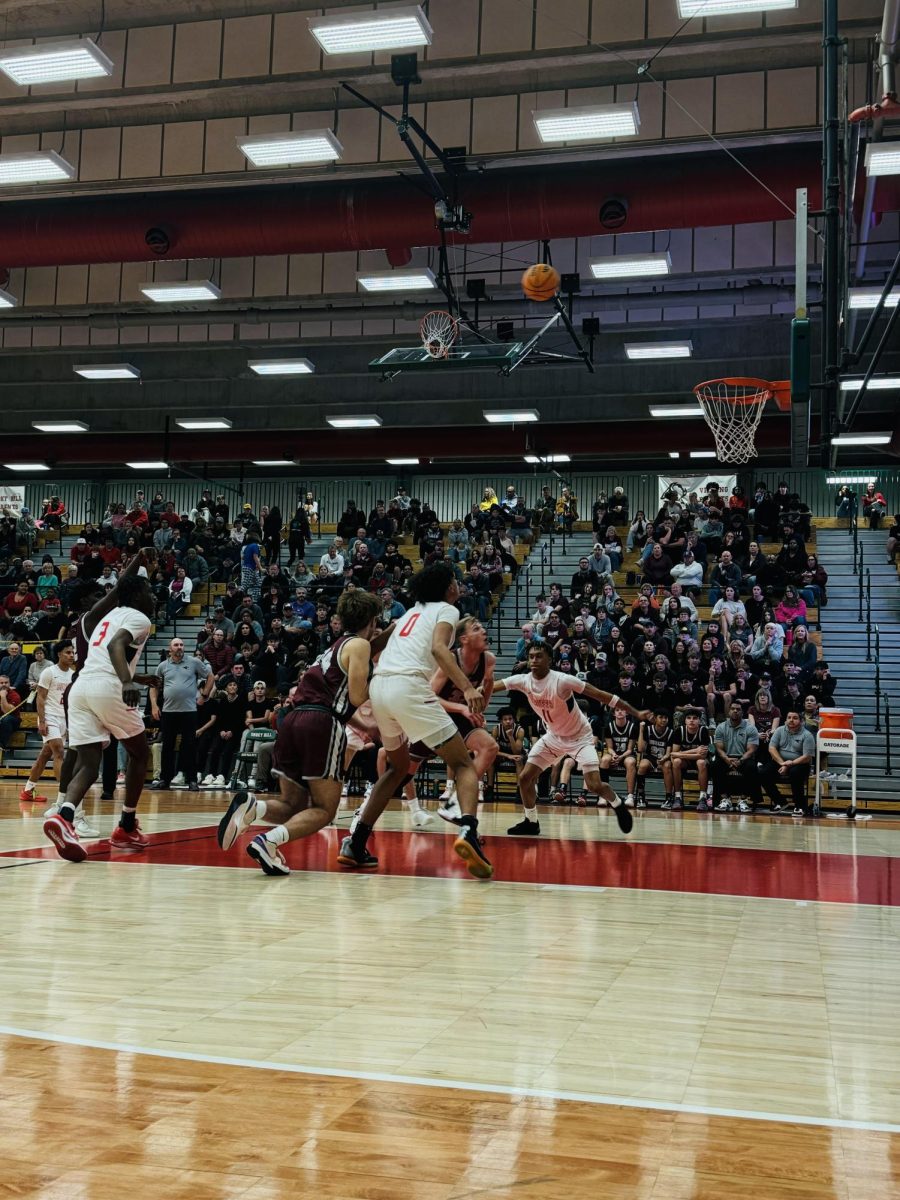
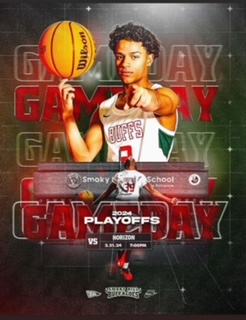
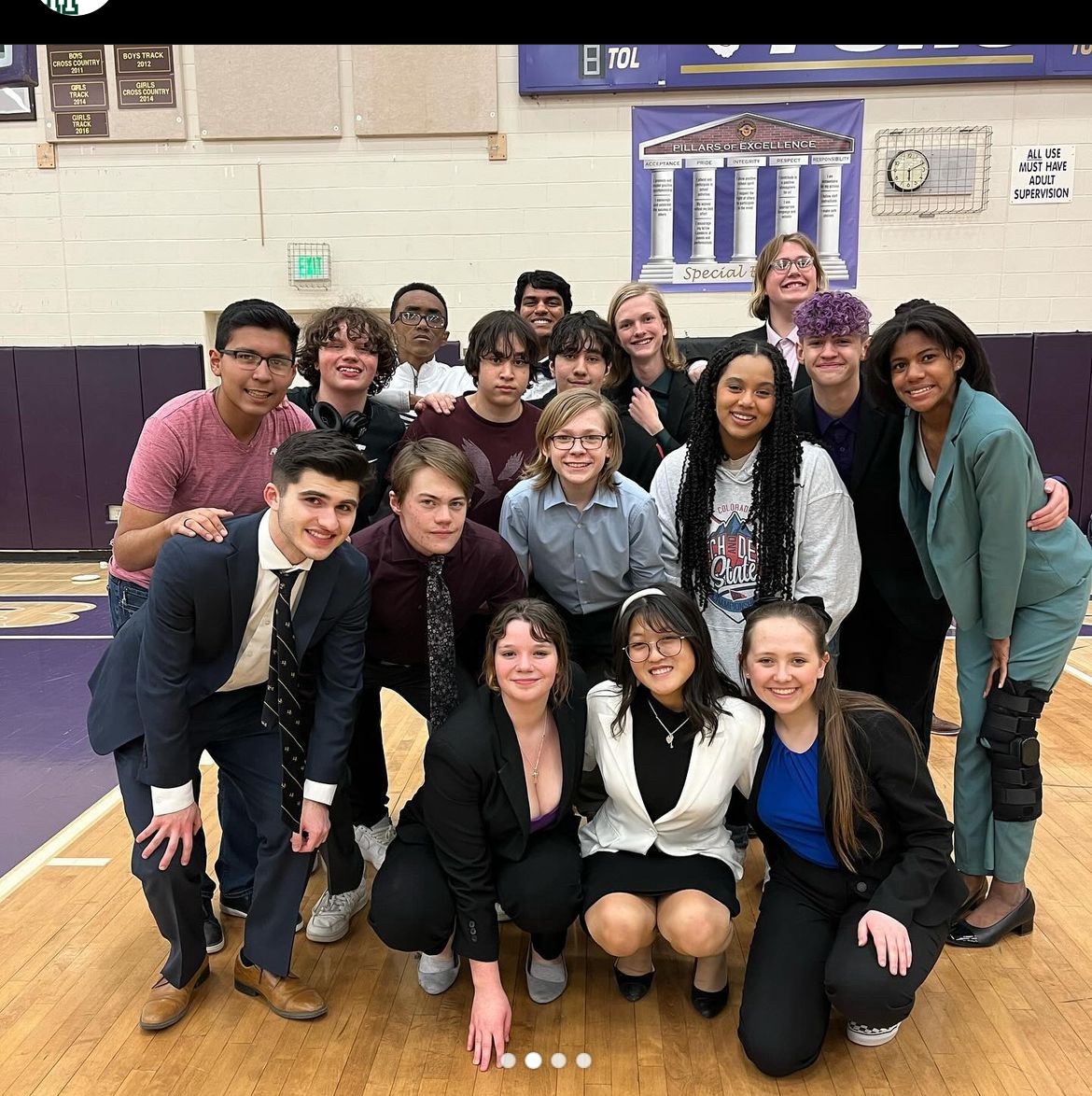
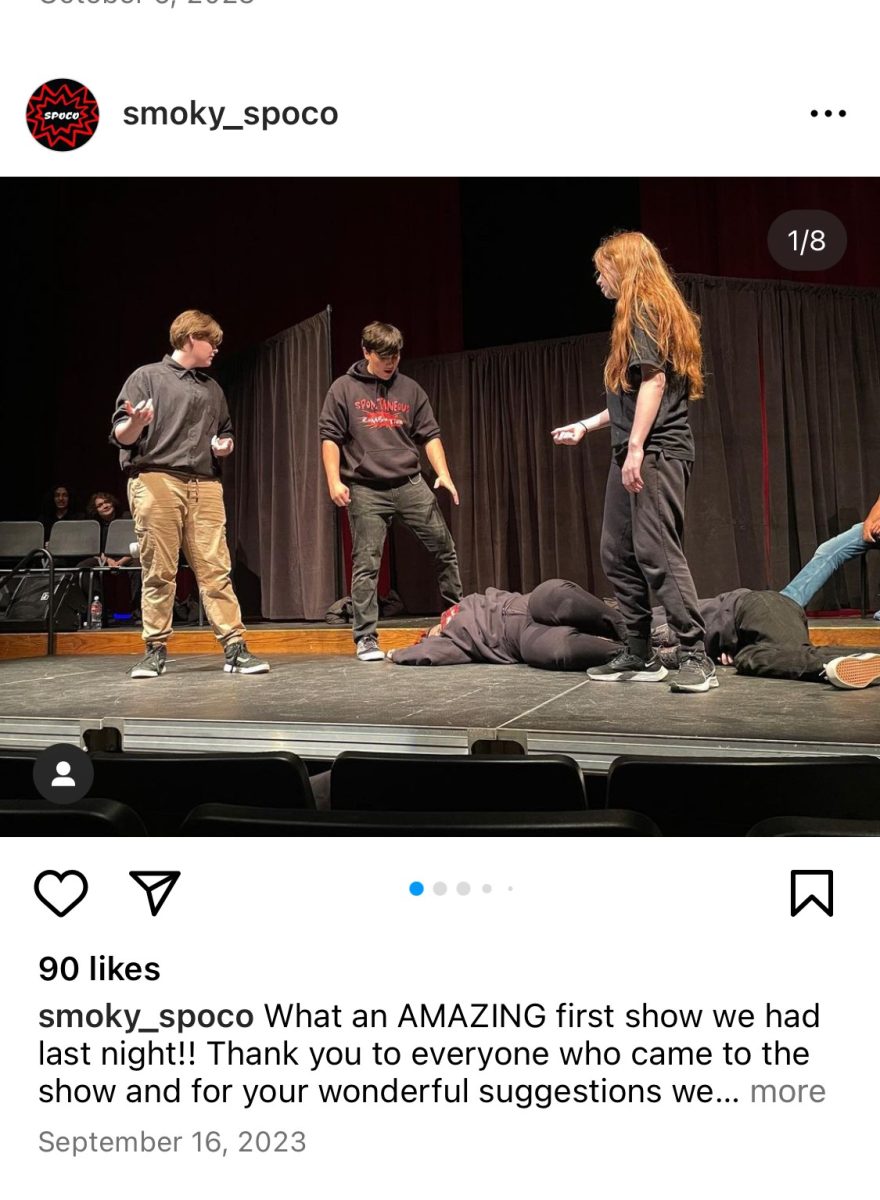

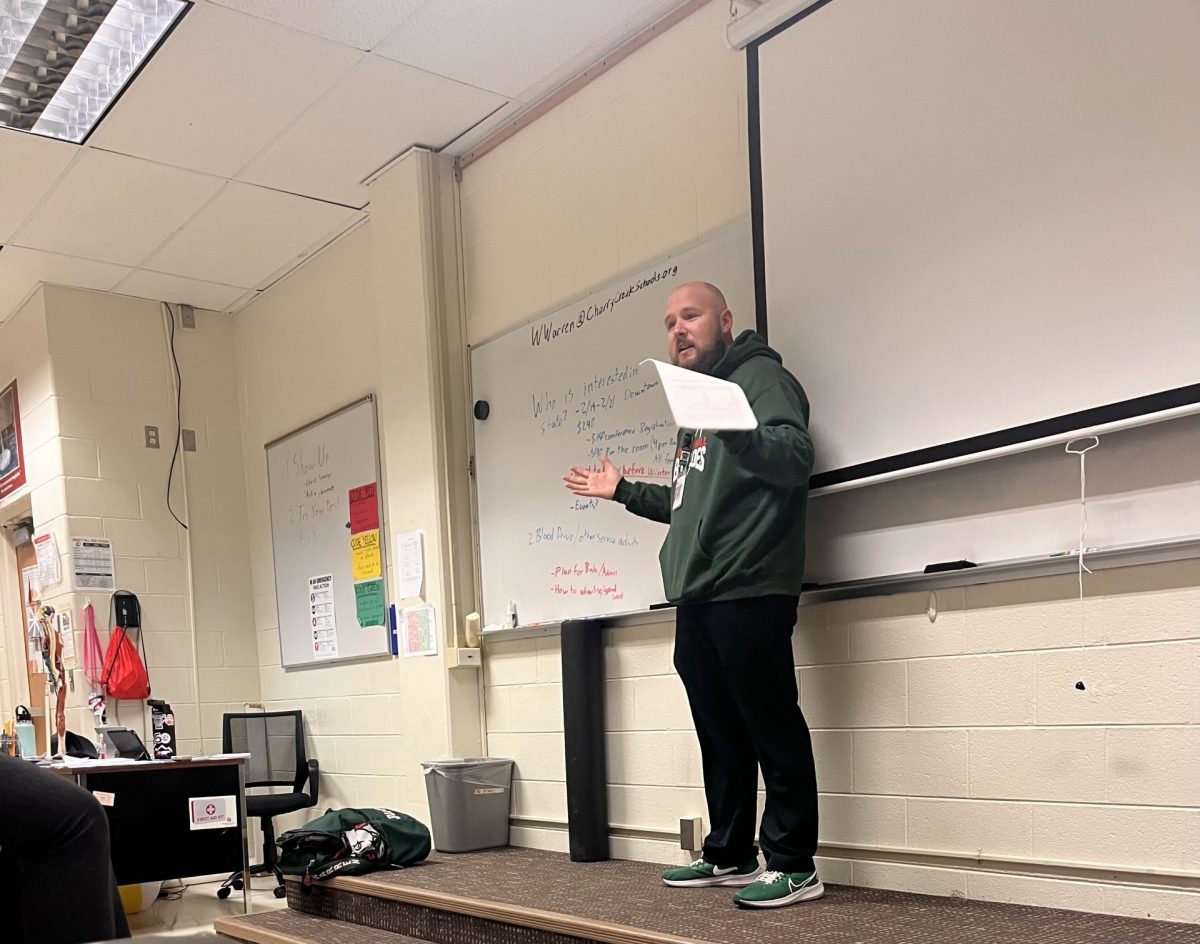







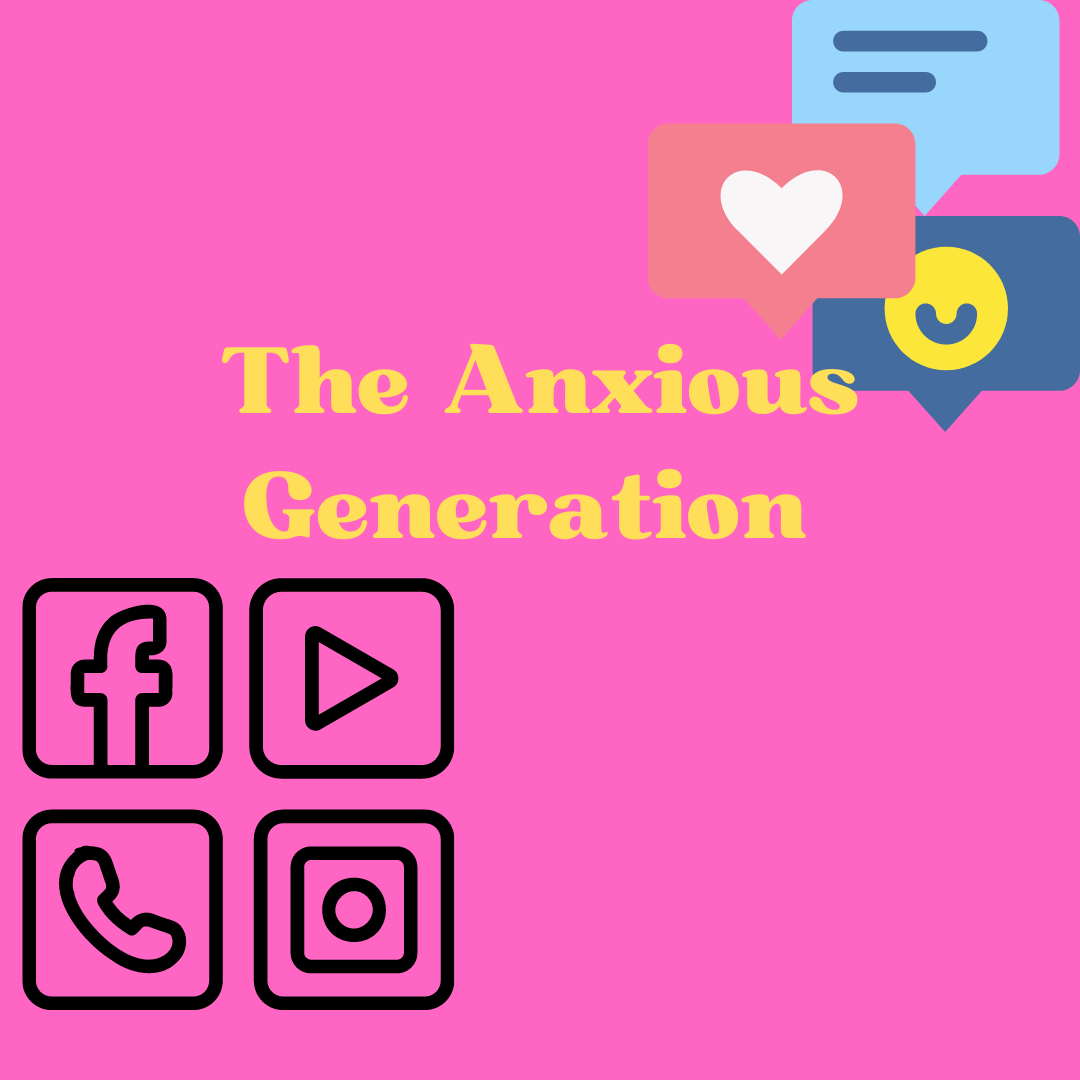




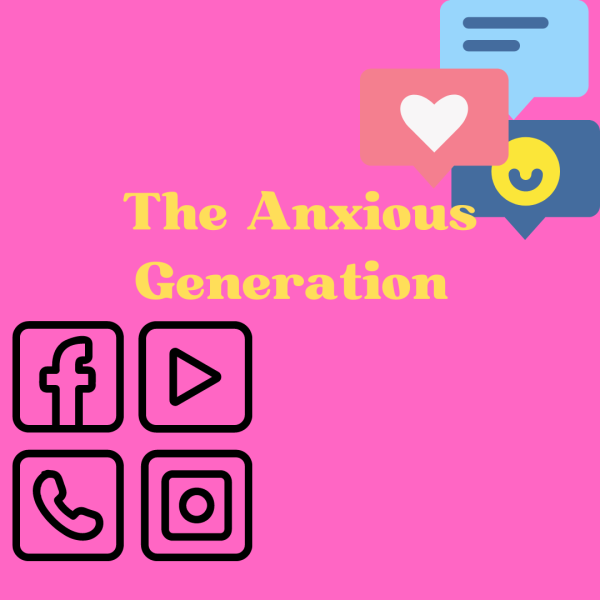
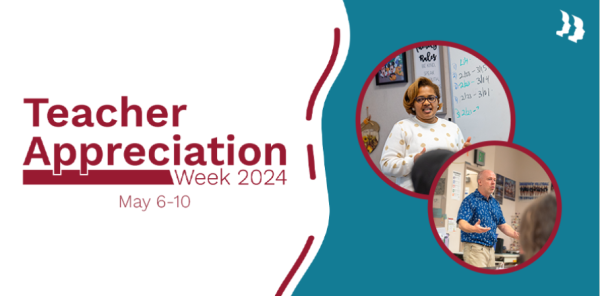
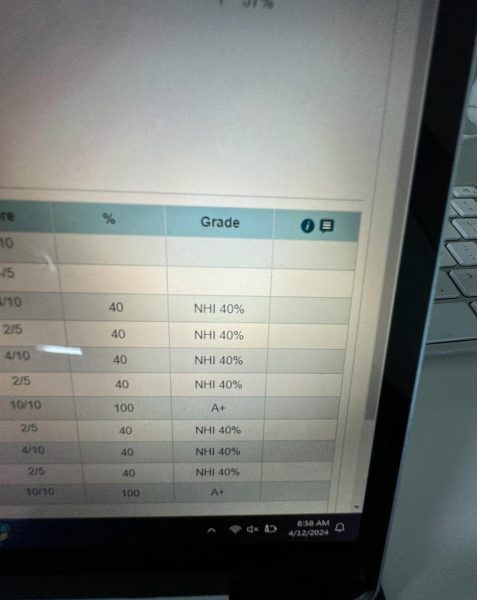
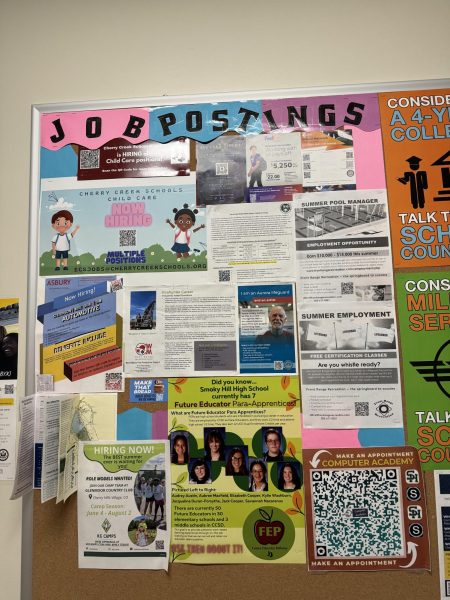
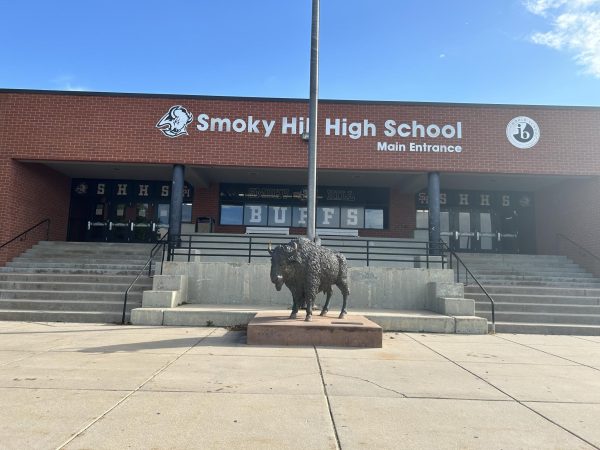
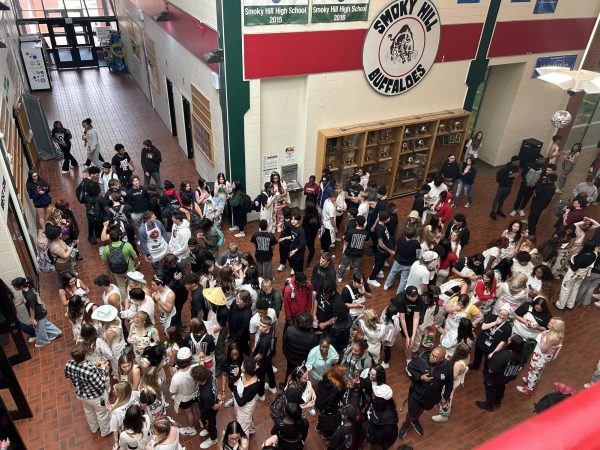
Vincent Zeng • Sep 16, 2022 at 12:59 pm
And god said let there be light. Zak you are redheaded yes. 5 out of 5.
Oliver Hanover • Sep 9, 2022 at 8:50 am
This is such a slayed article!